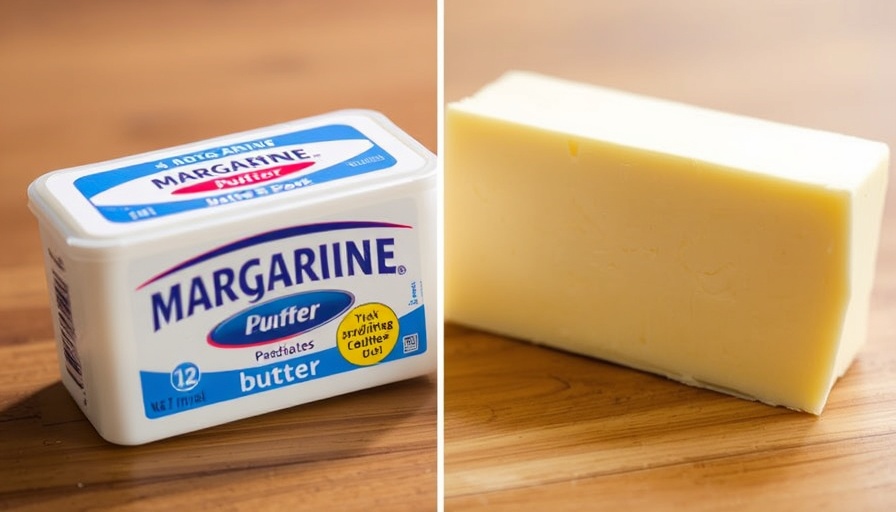
Understanding the Debate: Margarine vs Butter
The age-old debate over whether margarine or butter is the healthier choice continues to spark discussions among health-conscious consumers. While butter has long been criticized for its saturated fat content and potential links to heart disease, margarine has not escaped scrutiny either. Originally marketed as a healthier substitute, modern margarine often contains trans fats and other questionable ingredients. This leaves consumers in a dilemma: which is the better option?
The Shift in Nutritional Perspectives
Recent studies have prompted a reevaluation of dietary fat. Researchers are increasingly exploring the benefits of healthy fats, particularly those found in butter. These fats, when consumed in moderation, can support heart health and provide essential nutrients, such as vitamins A, D, E, and K. In contrast, many margarines still contain partially hydrogenated oils, which are known to raise bad cholesterol levels.
Consumer Choices and Modern Trends
Today's market offers a plethora of choices. Specialty butters infused with olive oil or herbs are gaining popularity for their flavor and perceived health benefits. On the other hand, new margarine products touting non-hydrogenated ingredients might attract those attempting to reduce their saturated fat intake. Consumers are left to navigate these complex options based on their own health goals and dietary preferences.
Conclusion: Making an Informed Choice
Ultimately, the decision between margarine and butter is deeply personal and context-dependent. Consumers should weigh the nutritional content, understand their dietary needs, and consider their cooking habits. By educating themselves and making informed choices, individuals can better manage their health without sacrificing flavor.
 Add Row
Add Row  Add
Add 




Write A Comment